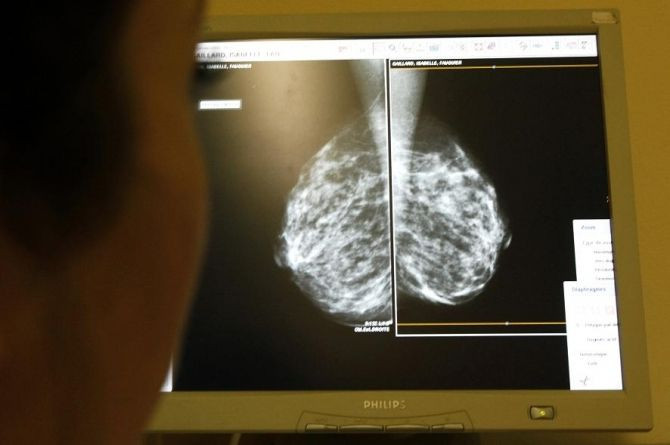Most Women Who Have Double Mastectomies Do Not Need Them

For many women who suffer from breast cancer, a mastectomy, or the removal of the breast, is a difficult decision to make. However, one study says that as many as 70 percent of women who have a mastectomy do not need one, prompting researchers to worry about overtreatment.
The study, which will be presented at the Quality Care Symposium hosted by the American Society of Clinical Oncology, examined 1,446 women. All had been treated for breast cancer and none had the cancer come back. They found that, of the women who had a mastectomy, 20 percent had both breasts removed. That came out to a total of 7 percent of the women who had a double mastectomy performed.
Many women who have contralateral mastectomies do so because they worry about the breast cancer recurring in the other breast. In fact, while 90 percent of women diagnosed with breast cancer worried about the possibility of cancer in the healthy breast, researchers say that cancer in one breast does not affect the chances of cancer in the other.
Researchers suggest double mastectomies in only very specific cases. Women with a family history of two or more immediate families, like their mothers, sisters, or daughters, with breast or ovarian cancer might be advised to consider having a double mastectomy. Similarly, women who test positive for mutations in the BRCA-1 or BRCA-2 gene will likely be advised to consider a contralateral mastectomy as well, because those mutations do put them at increased risk for developing cancer in the other breast.
However, for women who do not fall into either of those situations, a double mastectomy as a preventative measure is likely overkill.
The procedure also comes with a host of complications and leads to a more difficult recovery. Some women will also need to undergo radiation or chemotherapy, which will further delay their treatment.
Celebrity Sharon Osbourne made headlines earlier this month when she announced that she'd had a double mastectomy. The admission was made to HELLO magazine, and she said that her decision was a "no-brainer" after discovering that she carried a gene that increased her risk for breast cancer.



























